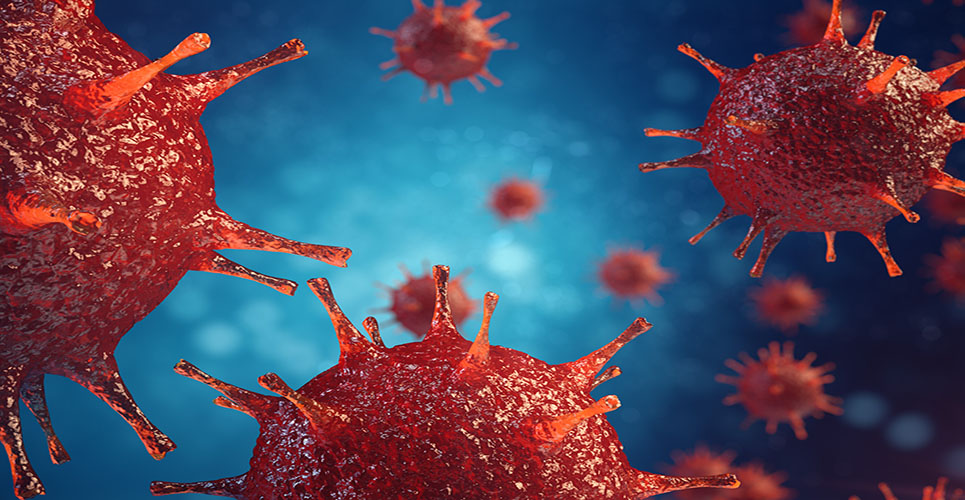teaser
Findings of what is claimed to be the largest ever study of the genetics behind seven of the world’s most common yet complex diseases have been published.
The £9m Wellcome Trust Case Control Consortium (WTCCC) is claimed to be one of the UK’s largest and most successful academic collaborations to date.
It has examined DNA samples from 17,000 people across the UK, bringing together 50 research groups and 200 scientists in the field of human genetics. Over two years, the scientists have analysed 10 billion pieces of genetic information, looking at the genetic variations that underlie seven common conditions – bipolar disorder, coronary artery disease, Crohn’s disease, hypertension, rheumatoid arthritis, and types 1 and 2 diabetes – and the results have been published in the journals Nature and Nature Genetics.
The most significant findings in the study include the identification of four chromosome regions containing genes that can predispose to type 1 diabetes and three new genes for Crohn’s disease. Importantly, the researchers have for the first time found a gene linking these two autoimmune diseases. The gene is known as PTPN2.

The study has also confirmed the importance of autophagy in the development of Crohn’s disease. Autophagy – “self-eating” – is the process cells use for clearing unwanted material, such as bacteria, from within themselves. The researchers say this may play a key role in the interaction of gut bacteria in health and in inflammatory bowel disease, and could have clinical significance in the future.
WTCCC research has already played a major role in identifying what is the clearest yet genetic link to obesity, as well as three new genes linked to type 2 diabetes. This work was published in April in advance of the main study. WTCCC researchers have also found a major gene region on chromosome 9, identified by independent studies on coronary heart disease.
WTCCC chair Professor Peter Donnelly said “many of the most common diseases are very complex, part nature and nurture, with genes interacting with our environment and lifestyles”. By identifying the genes underlying these conditions, the study “should enable scientists to understand better how disease occurs, which people are most at risk and, in time, to produce more effective, more personalised treatments”.
Professor Donnelly’s enthusiasm was echoed by that of Dr Mark Walport, director of the Wellcome Trust, which funded the study. Dr Walport noted that “just a few years ago, it would have been thought wildly optimistic that it would be possible in the near future to study a thousand genetic variants in each of a thousand people”.
PharmaTimes 8/6/2007
